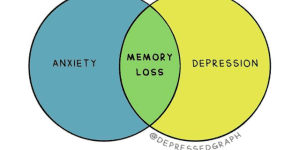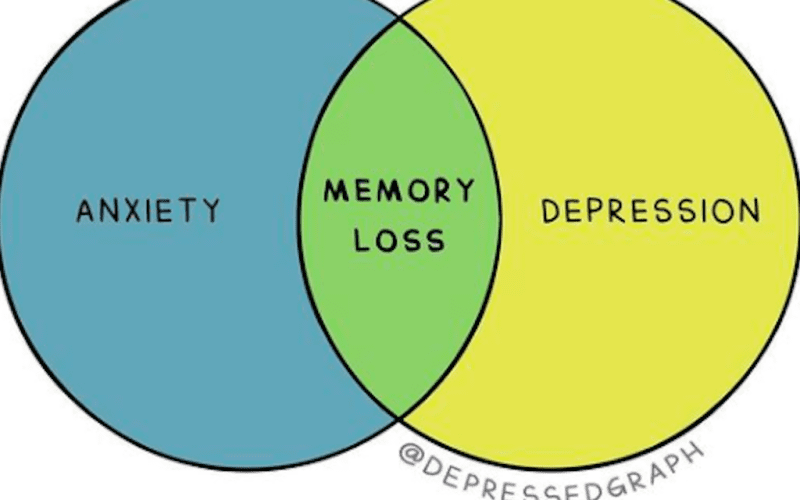Chronic stress, with its elevated cortisol levels, can indeed be one of the worst habits for memory loss. In this article, we will explore the connection between chronic stress and memory decline and provide strategies for effective stress management.
The Stress-Memory Connection:
- Cortisol’s Impact: Chronic stress triggers the release of cortisol, a stress hormone. Elevated cortisol levels can negatively affect the hippocampus, a region of the brain crucial for memory formation and retrieval.
- Memory Impairment: Prolonged stress can impair memory function, leading to difficulties in concentration, attention, and recall. It may also contribute to memory disorders, such as Alzheimer’s disease.

Photo by Tim Gouw on Unsplash
Strategies for Stress Management:
- Regular Exercise: Physical activity is a powerful stress reliever. It promotes the release of endorphins, which are natural mood lifters. Incorporate exercise into your routine to reduce stress and enhance memory.
- Mindfulness and Meditation: Mindfulness practices and meditation can help calm the mind and reduce stress. They enhance focus, attention, and cognitive function, which are essential for memory.
- Adequate Sleep: Ensure you get enough quality sleep. Sleep is crucial for memory consolidation. Establish a regular sleep schedule and create a sleep-conducive environment.
- Healthy Diet: Nutrition plays a vital role in stress management and memory. Consume a balanced diet rich in brain-boosting foods like omega-3 fatty acids, antioxidants, and whole grains.
- Social Connections: Maintain strong social connections. Talking with friends and loved ones can provide emotional support and alleviate stress.
- Time Management: Efficient time management can reduce the stress associated with feeling overwhelmed. Organize tasks and set priorities to achieve a sense of control.
- Seek Professional Help: If stress becomes overwhelming and persistent, consider seeking support from a mental health professional. Therapy and counseling can provide valuable tools for managing chronic stress.

https://themighty.com/wp-content/uploads/2021/01/Screen-Shot-2021-01-04-at-3.28.43-PM-1280×640.png
Conclusion: Breaking the Stress-Memory Cycle
Chronic stress and memory decline are closely intertwined, but they are not an inescapable duo. By incorporating stress management strategies into your daily life, you can break the cycle of chronic stress and protect your memory. Prioritizing self-care, healthy habits, and seeking professional help when needed are all steps toward preserving and enhancing your cognitive function.












